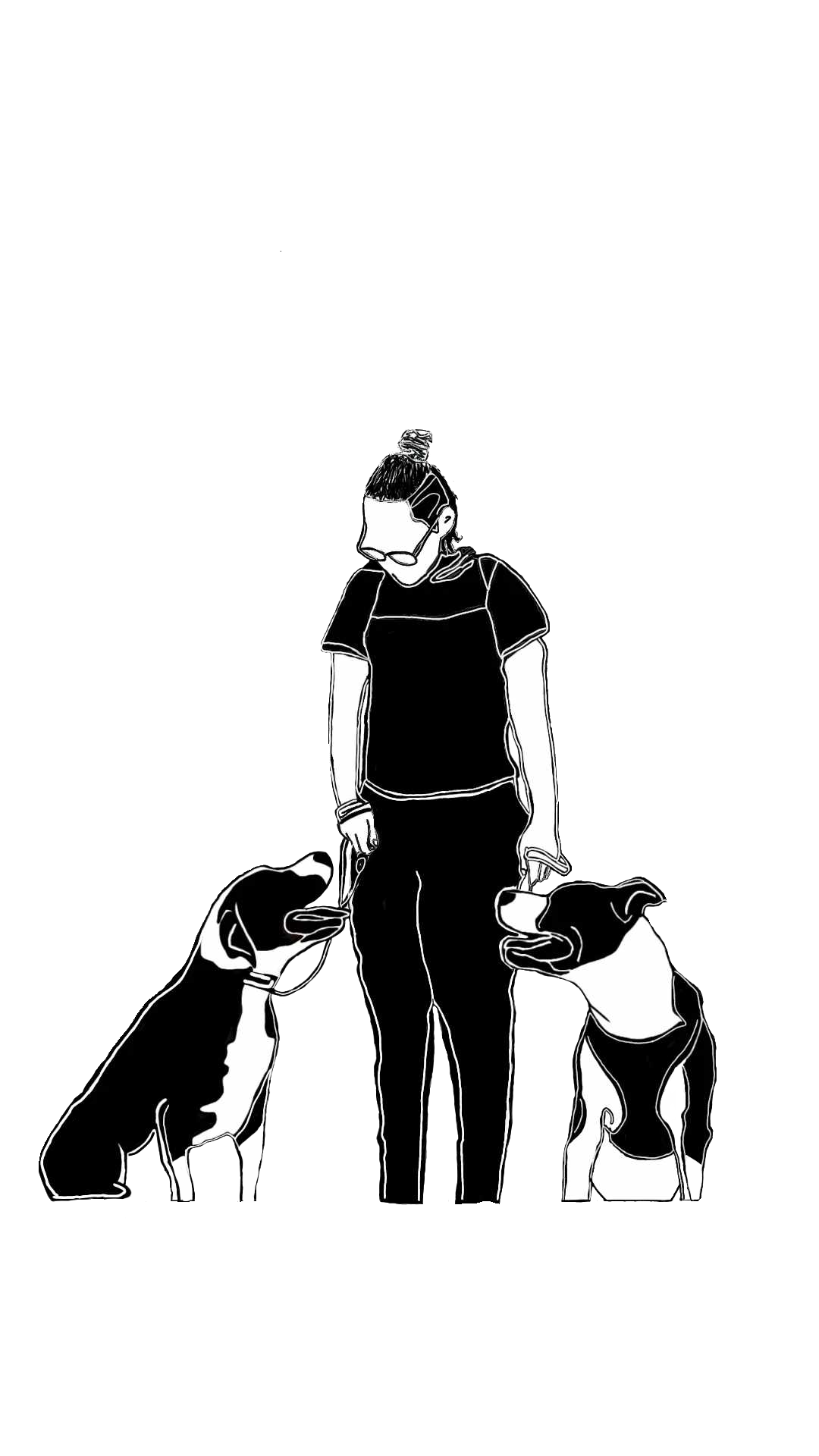I am a professional dog trainer who has transitioned from using compliance based methods to science-backed, positive reinforcement-based techniques. In the past, I utilized aversive methods such as Prongs, believing that dogs needed that kind of direction to produce behaviors I expected of them. However, I soon realized the negative impact these methods had on fear, anxiety, and reactivity in dogs. This led me to further educate myself on the principles and techniques of positive reinforcement training, including studying learning theory, understanding canine behavior, and effectively applying rewards.
I have shifted my focus from controlling behavior through force to shaping behavior through positive reinforcement. I now understand that dogs behave based on consequences and associations, and punishment can suppress behavior without providing sufficient information to the dog on which to act. Therefore, I have chosen to avoid using aversives in my training approach due to the potential limitations and negative consequences they can carry in regards to fallout and damage within the canine-human relationship.
While I have always incorporated practical skills in positive reinforcement techniques, such as clicker training, marker training, and utilizing rewards, I have continued to develop my skills for more effectiveness and strengthened my ability to educate owners on the importance and in-action workings of these skills. I am gradually implementing positive methods in different scenarios, starting with easier situations before fully adopting them in more challenging circumstances. I only take on cases where I feel confident in my ability to problem solve and find positive alternatives for behavior modification.
Consistency and patience are key in behavior change, and I strive to continuously learn and refine my skills as a trainer. My methodology involves a compassionate approach to understanding and modifying dog behavior through positive reinforcement, with a focus on strengthening the dog-human relationship.

